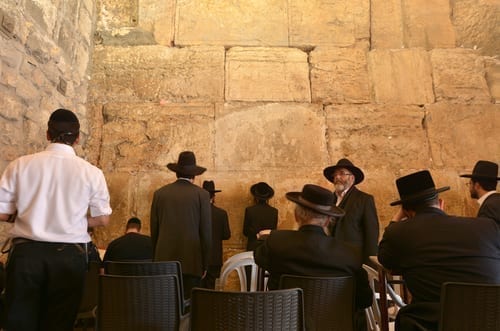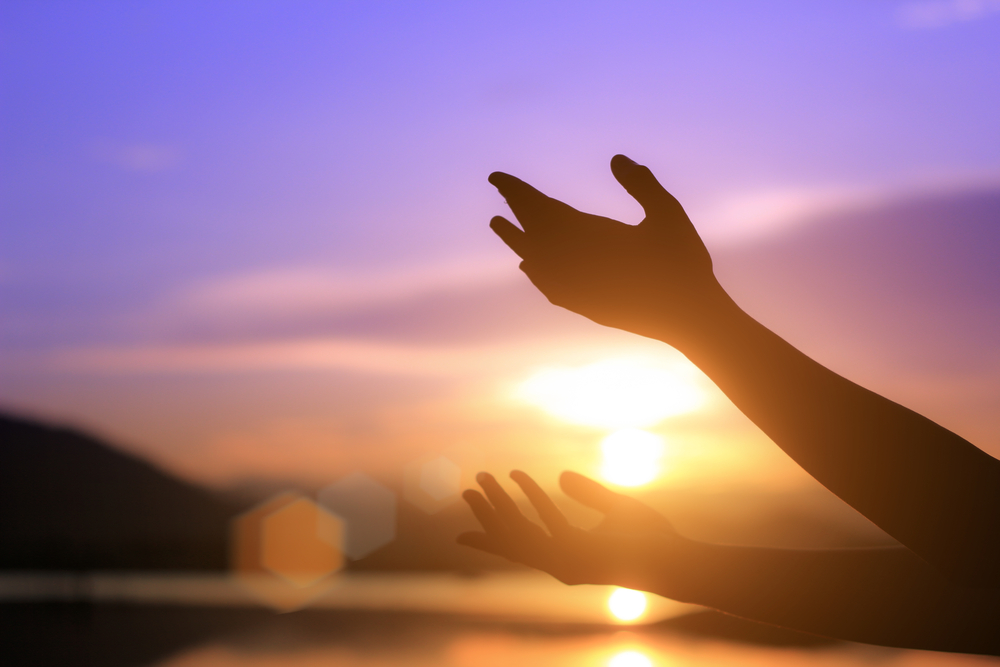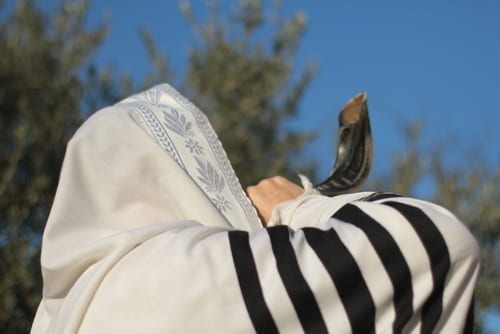Q. What is Yom Kippur?
A. The name “Yom Kippur” means “Day of Atonement,” and that explains the essence of what this holiday is. It is a day set aside to “afflict the soul,” to atone for the sins of past years and to purify oneself through prayer and fasting. As we mentioned in the Ten days of Repentance 101, there are three books in which G-d inscribes all of our names. On Yom Kippur, the judgment entered in these books is sealed. Thus Yom Kippur is the last chance to change the judgment, to repent and to make amends for one's sins.
However Yom Kippur is far more than just the sealing of one's judgment .It is a day which highlights G-d's tremendous compassion towards mankind in allowing them to repent and cleanse themselves of their sins. Repentance is not an obvious concept and more often society prefers to punish people for their sins. Making a clean slate and starting afresh is an additional unique kindness of G-d towards mankind.
Q. What does Yom Kippur atone for?
A. Yom Kippur atones only for sins between man and G-d, not for sins against another person. To atone for sins committed against another person, one must first seek reconciliation with that person, righting the wrongs you committed against them if possible. That must all be done before Yom Kippur. If however the person refuses to forgive the offender even after he has brought three people to the offended party and begged forgiveness three times, he does not need to continue to seek forgiveness.
Q. Is there any way to avoid asking directly for forgiveness?
A. If a person finds it difficult to ask directly for forgiveness he may send an agent to try and affect a reconciliation. If he knows that his friend has already forgiven him there are some who say that he still ought to ask forgiveness as this is part of his atonement, while other authorities maintain that one does not need to ask forgiveness in this situation.
Another common situation involves where the injured party does not know what was done by the offender. Even though some authorities maintain that one must specify what was done and ask forgiveness, others say that this might cause more anguish to the offended party and therefore it is better to just make a general request for forgiveness.
Q. What exactly are the forbidden activities on Yom Kippur?
A. Yom Kippur is a Shabbat Shabbaton, a total day of rest and cessation of labor. One must refrain from eating and drinking (even a small amount of water) on Yom Kippur. It is a complete, 25-hour fast beginning before sunset on the evening before Yom Kippur and ending after nightfall on the day of Yom Kippur. It is also forbidden to wash (even one's hands must not be fully washed) or bathe. One may not rub on any cosmetics or deodorants, one may not wear leather shoes and one may not engage in sexual relations on Yom Kippur.
Q. Do these restrictions apply to everyone?
A. As always, any of these restrictions can be lifted where a threat to life or health is involved. In fact, children under the age of nine and women in childbirth (from the time labor begins until three days after birth) are not permitted to fast, even if they want to. Older children and women from the third to the seventh day after childbirth are permitted to fast, but are permitted to break the fast if they feel the need to do so. People with other illnesses should consult a physician and a rabbi for advice.
Q. What is the order of prayer on Yom Kippur?
A. Most of the holiday is spent in the synagogue, in prayer. The first prayer- said at sundown of the eve of Yom Kippur- is the Kol Nidrei prayer, where the community absolves all participants from their vows. This is designed to make a “clean slate” for those who inadvertently made vows and then might inadvertently break those vows. After this the Maariv prayer is said and then some have the custom of saying Shir Ha'Kavod, a song of praises to Hashem which describes his attributes and glory.
In the morning, the Shacharit prayer includes many liturgical additions regarding aspects of forgiveness and G-d's quality of mercy. The Musaf prayer has a section devoted to the Avodah, the service of the high priest in the Holy of Holies on Yom Kippur. Each aspect of the Avodah is recounted and then we pray for the restoration of the Avodah. In the afternoon the Mincha and Neila prayers conclude the fast which continues until nightfall. The services end with the blowing of the tekiah gedolah, a long blast on the shofar.
Q. What is the most important aspect of the prayers?
A. The most important part of the prayers is the Viduy, or confession of one's sins. It is not enough to repent, one must also confess one's sins orally before G-d. The confession is a part of all the prayers on Yom Kippur, and is so integral that even at the Mincha prayer before Yom Kippur one is obligated to confess, so that if a person were to pass away suddenly before Yom Kippur he will have attained his atonement through his confession and repentance.
Q. What should one wear on Yom Kippur?
A. It is customary to wear white on the holiday, which symbolizes purity and calls to mind the promise that our sins shall be made as white as snow (Yishayahu 1:18). Some people wear a kittel, the white robe in which the dead are buried, so as to arouse one to focus on one's mortality which will facilitate a person's wish to repent.





